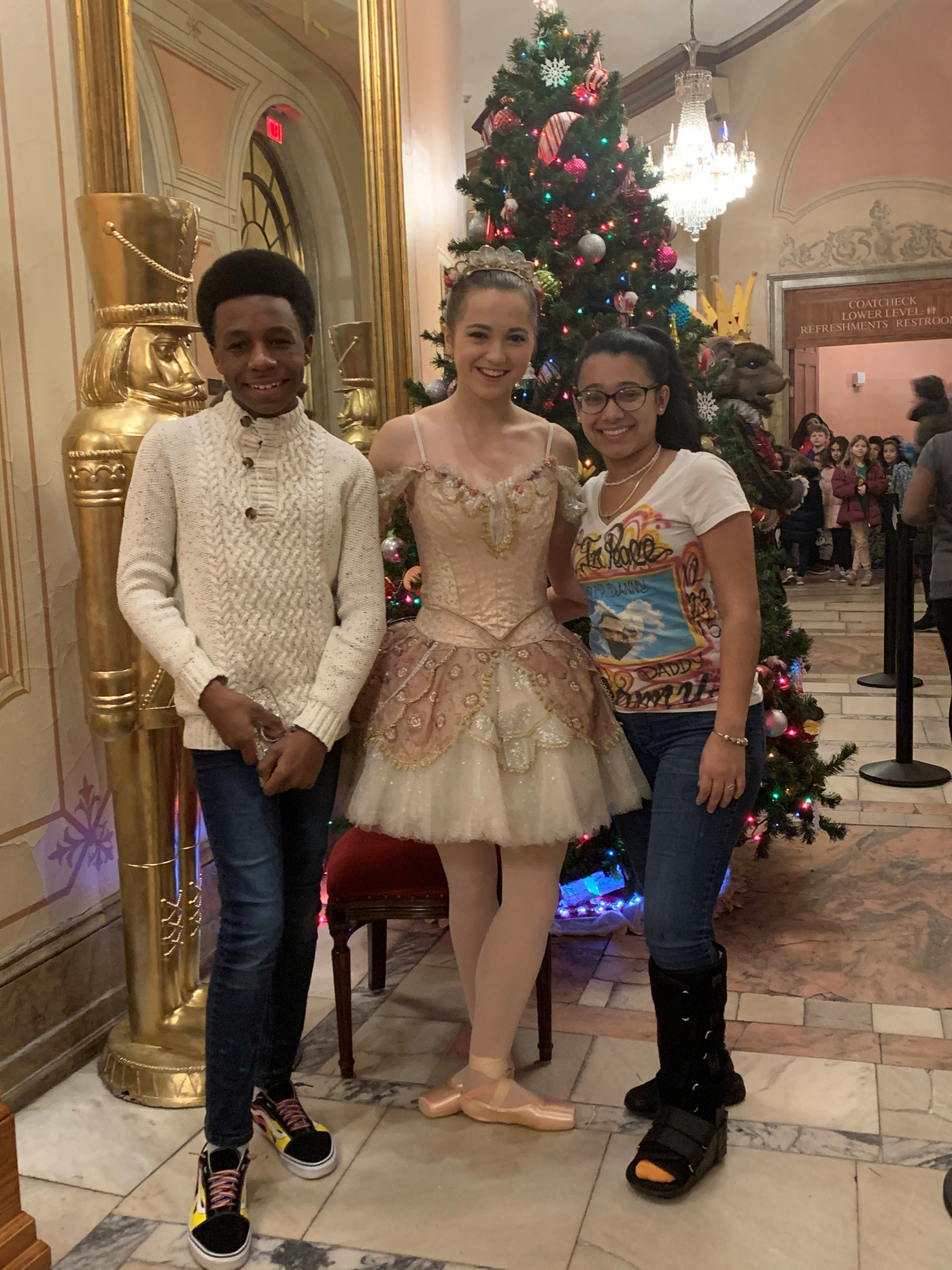Traditional classroom settings have their merits, but for students in alternative education programs such as Wyncote Academy’s middle and high school programs, there's something particularly magical about the world beyond the classroom walls. At Wyncote Academy, field trips are an integral part of our program, offering benefits that extend far beyond the academic classroom. They are another way to reinforce lessons in the classroom but also enhance social-emotional, academic, and physical learning.
Stepping out of familiar surroundings and engaging in real-world experiences can boost students' self-esteem. Whether it's conquering a fear of heights during a ropes course or successfully navigating a museum exhibit, these triumphs contribute to increased self-confidence. Field trips encourage students to take ownership of their learning. They must navigate unfamiliar environments, follow directions, and make decisions, promoting independence and problem-solving skills.
Spending time together in novel settings fosters stronger bonds among students and with their teachers. Field trips provide a platform for shared experiences, teamwork, and the cultivation of positive relationships. Even when trips don't go as planned – it rains or there is more walking than expected, these situations provide opportunities for students to develop resilience and adaptability, essential life skills.
Field trips are a wonderful opportunity to connect classroom knowledge with real-world applications. For example, a visit to a historical site complements history lessons, making the past come alive and reinforcing students' understanding.
Wyncote students often benefit from multisensory learning experiences. Field trips engage students' senses, allowing them to see, touch, hear, and sometimes even taste or smell the subject matter, making learning more memorable. Abstract concepts become tangible whether studying ecosystems in a nature reserve or exploring scientific principles at a science museum, students gain a deeper understanding of complex subjects.
Physical activity and well-being are equally vital components of our education program. Outings offer opportunities for students to stay active and reap physical benefits. Many field trips involve physical activities like hiking, nature walks, or outdoor games. These activities promote physical fitness and provide a break from sedentary classroom routines. Spending time in natural environments or engaging in enjoyable physical activities during field trips can reduce stress levels and improve students' overall mental well-being.
More than anything, field trips can ignite curiosity and a love of learning. Discovering new interests and passions outside the classroom can motivate students to pursue further studies in those areas. They provide a rich tapestry of social-emotional, academic, and physical benefits that cater to the unique needs and circumstances of middle and high school students in our alternative education programs. By fostering confidence, nurturing curiosity, and promoting holistic well-being, field trips empower these students to navigate the world outside the classroom with greater resilience and enthusiasm, equipping them for success in their educational journey and beyond.

